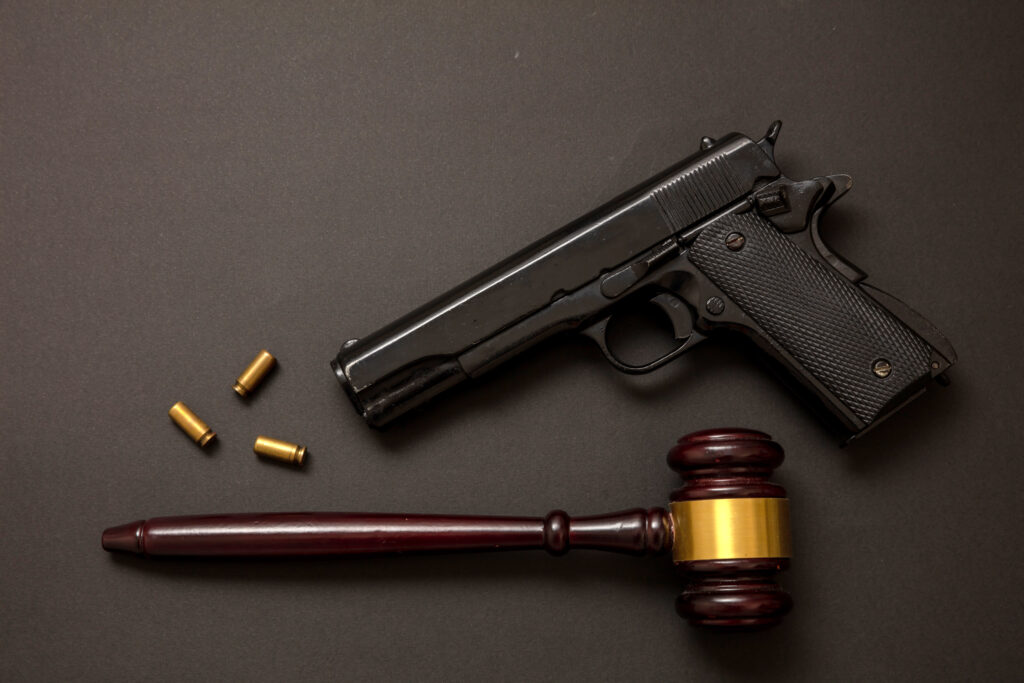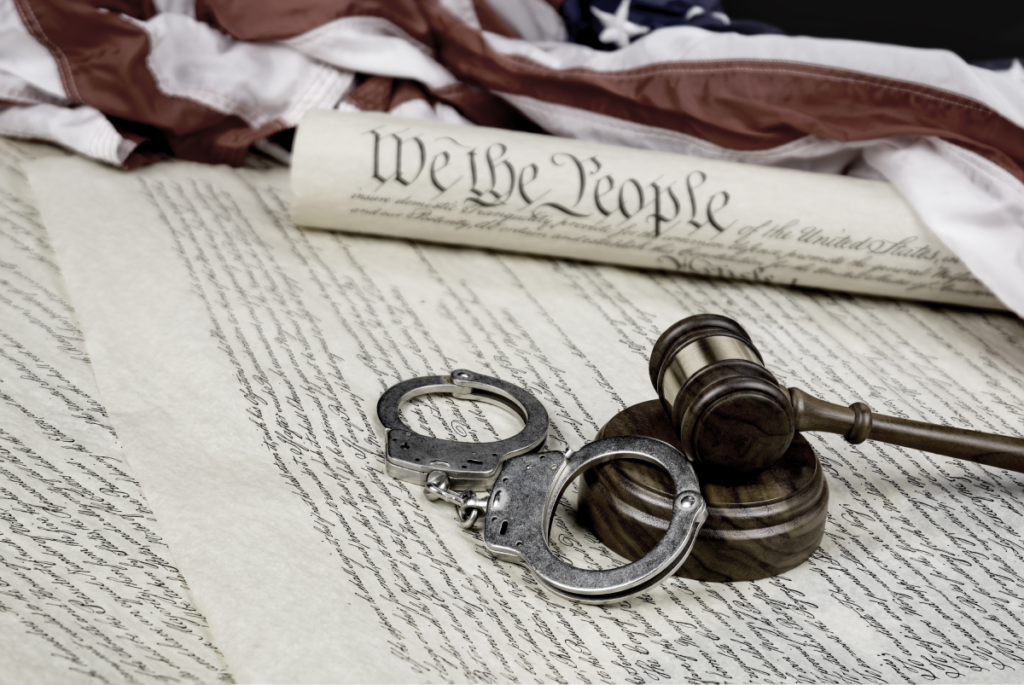
PICS Denials in Kenilworth, PA
If I have had a Kenilworth PICS Denial in the past, will I be denied again?
If you have had a PICS denial in the past, the chances are you will be denied again. There are some reasons why a person can be temporarily prohibited from possessing firearms, but these situations are more rare. Even if your PICS denial is based upon inaccurate information, the Pennsylvania Instant Check System (PICS) will still contain that information without a successful challenge. That is why it is so important to handle a PICS denial or undetermined status with a sense of urgency and contact an experienced firearms attorney as soon as possible.

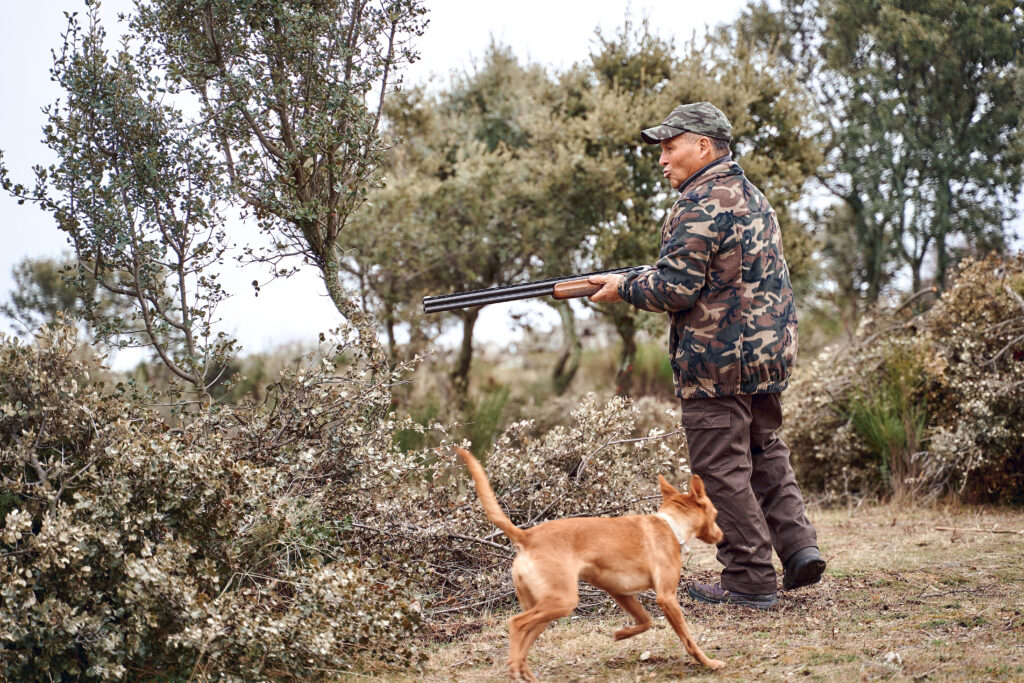
PICS Denials in Kenilworth, PA
If you have had a PICS denial in Kenilworth, PA, the chances are you’re confused and don’t know why you have been denied. If you were denied the purchase of a firearm from a dealer in Kenilworth, PA at a gun store or a gun show, a PICS denial or Undetermined Status is the reason. If you were denied a License to Carry Firearms (concealed carry license) it is usually because of a PICS denial or Undetermined Status, but can be due to “character and reputation” as decided by the issuing authority. Under federal law, when you buy a gun from a dealer, you must fill out a Form 4473 and submit to a background check. In Pennsylvania the background check is called a PICS Check (Pennsylvania Instant Check System). With a PICS Check, the Pennsylvania State Police serve as a point of contact for the NICS (National Instant Check System), which is run by the FBI. Under Pennsylvania law, most handgun transfers between private parties must go through a dealer which require the appropriate paperwork (Form 4473 and SP 4-113) and a PICS Check. The law also allows the transfer to take place at the Sheriff’s Office, who will still run a PICS check. There are very limited exceptions for handgun transfers between parent/child, grandparent/grandchild, and between spouses, provided both parties are Pennsylvania residents.
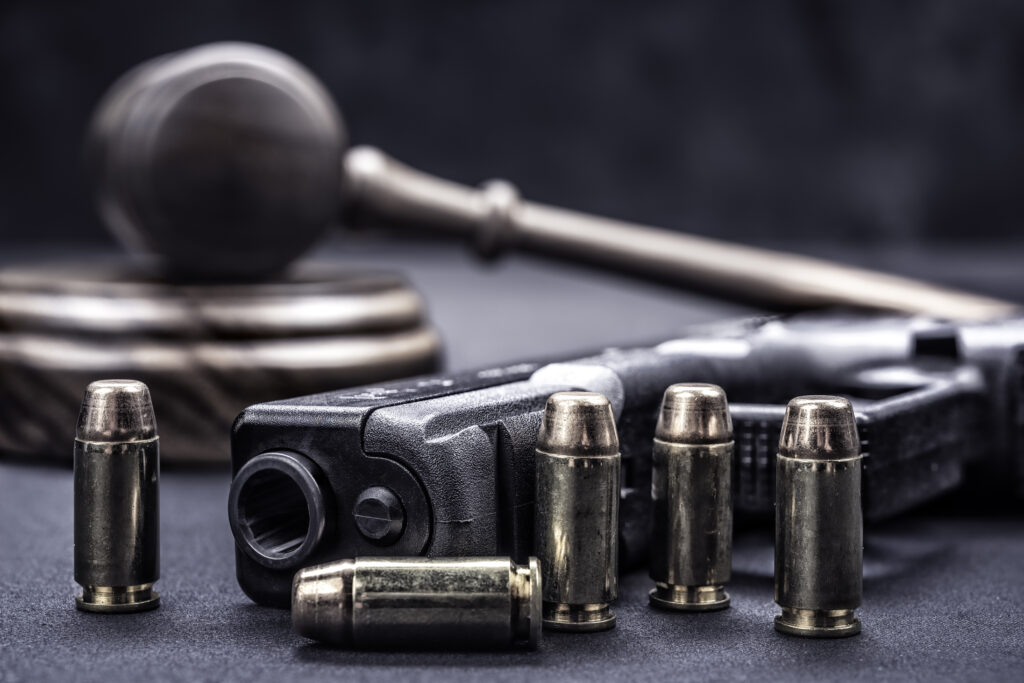
What happens after you submit a PICS Challenge in Kenilworth, PA?
After Pennsylvania State Police (PSP) receives a PICS Challenge, they have five days to provide a response. This response is very important because it provides valuable information, including “Possible Reasons for Denial/Undetermined.” It is very important to keep this document because you only have 30 days to provide supplemental information. If your firearms attorney has already conducted an appropriate investigation, it will be much easier to provide PSP with the information necessary to issue a reversal letter. In the event that the reasons for denial/undetermined are completely unexpected (e.g. mistaken identity) the remaining time must be utilized to quickly gather the documentation necessary to overturn the denial.
Pardons in Kenilworth PA
Should I try to buy a gun to see if I can legally own guns in Pennsylvania?
You should ABSOLUTELY NOT, UNDER ANY CIRCUMSTANCES try to buy a gun to see if you can legally own or possess firearms. In Pennsylvania, you can be charged with a felony if you are prohibited. Many people have made this costly mistake over the years. Even if a police officer or a gun store employee tells you otherwise, they would certainly not be willing or able to pay your legal fees and serve your criminal penalties in your place if you are prosecuted.
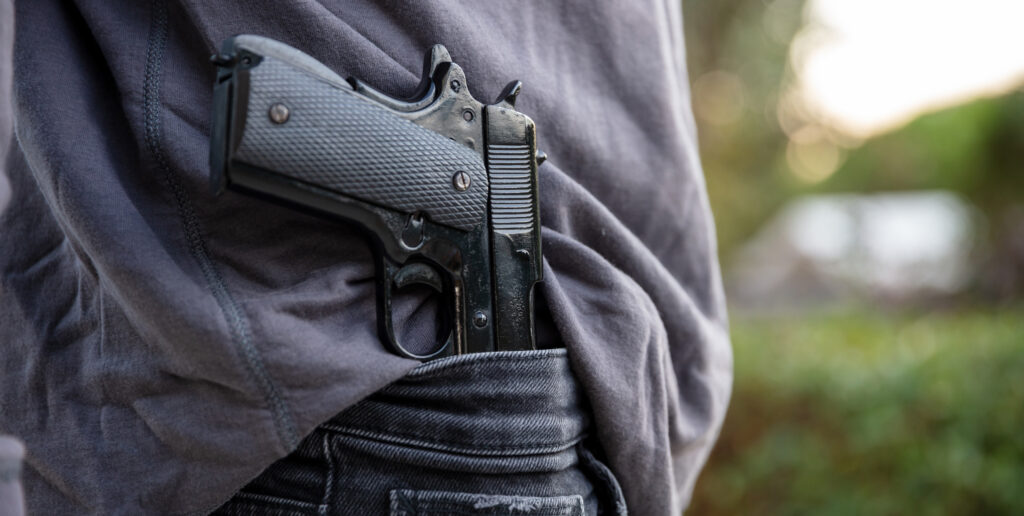
Is it even possible to get a Kenilworth, PA Pardon in Pennsylvania?
Yes! We have helped many people get a pardon in Pennsylvania. But you have to be the right candidate. There are a number of factors that are frequently considered by the Pennsylvania Board of Pardons. Based on our years of experience, we can help you determine if you are a good candidate for a pardon and if it is the right avenue for you. Contrary to what many think, it is not some longshot like winning the lottery or being struck by lightnight.
